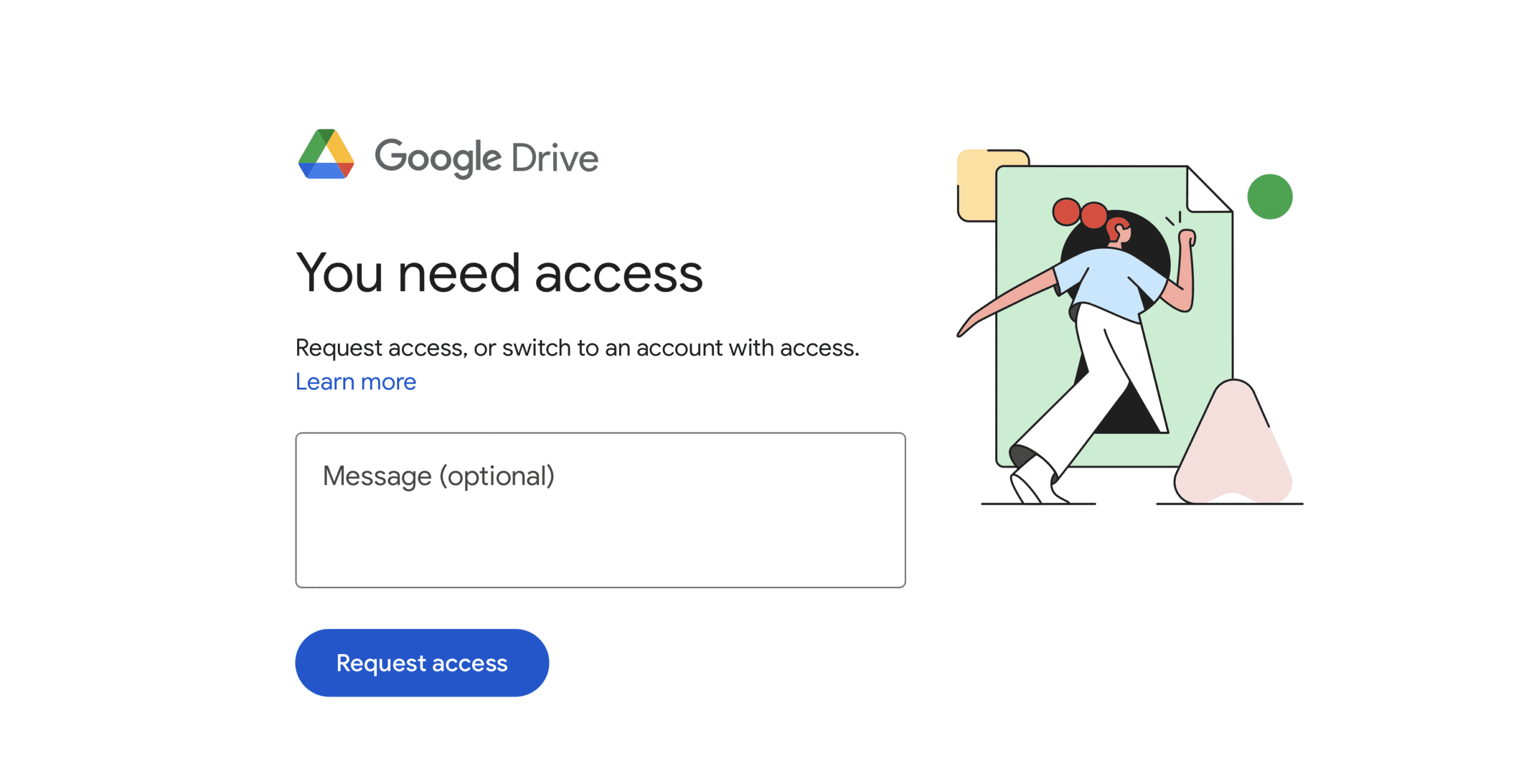In this blog, we’re going to explore how AI can be integrated into your business to streamline processes, increase efficiency and possibly even forecast future trends.
By now, everyone’s heard of Large Language Models like Chat GPT and Google’s Gemini (formerly known as Bard), but we’ve already reached the point in many industries where the businesses that are integrating this kind of technology into their day-to-day operations are leaving the others behind.
In the bullet points below we’ve added 5 of the main areas AI is helping businesses grow:
Product/industry research:
- Data collection and analysis to help understand market trends and consumer preferences.
- Predictive analytics/risk assessment: Forecasting and optimisation related to sales, demand and market growth.
- Market segmentation: Segment the market based on demographics/behavioural patterns.
- Competitor analysis.
- Customer insights can be analysed by Natural Language Processing algorithms (NLP) with insights taken from testimonials and reviews.
Accounting:
- Automation of routine tasks.
- Expense management: e.g. AI can automatically categorise and record expenses from receipts and invoices.
- Predictive analytics/financial reporting, including identifying cash flow patterns and potential financial risks.
- Fraud detection: Detecting anomalies in data that deviate from normal behaviour, and flagging suspicious activities for further investigation.
- Automation of tax calculations.
Marketing:
- Content creation (Chat GPT etc) and optimisation: Not only can you work with these Large Language Models to get ideas for content based around certain keywords, but they can also write it for you too.
- Recommendation systems: i.e. ‘If you like this, you might like…’ This can deliver a personalised service for each of your customers based on their preferences.
- Data analysis/market research and predictive analytics.
- Automation of repetitive marketing tasks like email marketing, social media management and ad campaign optimisation.
- Ad targeting and optimisation (think: Google Ads).
Sales:
- Chatbots and virtual assistants: This can help customers or prospective customers with any queries, with the option to speak to a real person if they don’t get the answer they’re looking for.
- Email automation.
- Lead generation and qualification: e.g. Analyse patterns to determine who is more likely to convert, so you can focus your efforts and resources more efficiently.
- Sales forecasting.
- Sales process automation for some of the lower-skilled, data-entry type tasks.
- Sales performance optimisation.
Reporting:
- Google Analytics analysis: AI can automatically generate insights and identify trends, patterns, and anomalies in the data, saving time and providing actionable recommendations.
- Compliance and risk management: AI can help businesses ensure compliance with regulatory requirements by monitoring data integrity, identifying potential risks and flagging issues that might require attention.
As you can see, there’s already a lot AI can contribute to vastly improve the efficiency of your business. Here at Alloy Marketing, we’re using it to increase our productivity in various different areas, but AI still requires its users to know what outcomes they’re looking for in order to guide it properly.
If you’re looking for SEO, web design and marketing services to get ahead of the competition, get in touch with our friendly team today!






